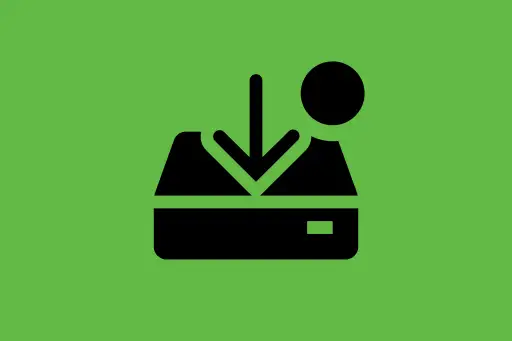Welcome to the MongoDB Course for Absolute Beginners
This course is designed to help absolute beginners learn MongoDB from the ground up. Whether you're a developer, data analyst, or tech enthusiast, this step-by-step guide will introduce you to the world of NoSQL databases through MongoDB — one of the most popular and widely adopted NoSQL databases.
What You'll Learn
- What is MongoDB and how it's different from SQL databases
- Installing and setting up MongoDB on your system
- CRUD operations: Create, Read, Update, Delete
- Querying documents using various MongoDB operators
- Working with arrays, embedded documents, and indexes
- Aggregation pipeline and data transformation
- Designing schema effectively with real-world examples
- Connecting MongoDB with Python and Node.js
- Using MongoDB Atlas for cloud-hosted databases
- Backup, restore, and basic security practices
Tools You'll Use
- MongoDB Community Edition – Local database setup
- MongoDB Compass – GUI for database operations
- MongoDB Shell – Command-line tool
- MongoDB Atlas – Cloud-based MongoDB cluster
- Node.js with Mongoose – For backend integrations
- Python with PyMongo – For scripting and automation
Prerequisites
No prior experience with databases is required. Basic programming knowledge (in Python or JavaScript) is helpful but not mandatory.
Course Structure
The course is divided into logical modules — starting from installation and basics, advancing through core operations and ending with real-world projects to solidify your understanding. You can follow it sequentially or jump into the topics that interest you most.
Introduction & Setup
- What is MongoDB? (NoSQL vs SQL)
- Use-cases and features overview
- Installing MongoDB on Windows
- Installing MongoDB on Linux
- Installing MongoDB on macOS
- Installing MongoDB Compass GUI
- Introduction to MongoDB Atlas (Cloud)
MongoDB Basics
- Understanding Databases, Collections, and Documents
- JSON vs BSON
- MongoDB Data Types
- Creating a Database and Collection
- Using MongoDB Compass
- Using MongoDB Shell
CRUD Operations
- Insert Operations: insertOne(), insertMany()
- Read Operations: find(), findOne()
- Query Filtering with Operators: $gt, $lt, $in, $and, etc.
- Update Operations: updateOne(), updateMany(), $set, $inc
- Delete Operations: deleteOne(), deleteMany()
- Using Projection and Sorting in Queries
Advanced Querying
- MongoDB Query Operators Overview
- Working with Arrays and Embedded Documents
- Querying Nested Fields
- Pagination using limit(), skip(), and sort()
Indexing and Performance
- What are Indexes and Why Use Them?
- Creating Single Field and Compound Indexes
- Multikey Indexes for Arrays
- Using explain() for Query Optimization
Aggregation Framework
- Introduction to Aggregation
- Using $match, $group, $project, $sort
- Aggregation Pipeline Stages Explained
- Common Use Cases: Grouping, Counting, Summing
- MapReduce vs Aggregation Framework (Overview)
Schema Design & Validation
- Schema Design Patterns: Embedding vs Referencing
- One-to-One, One-to-Many, Many-to-Many Relationships
- MongoDB Schema Validation with JSON Schema
- Defining Custom Validation Rules
Working with MongoDB in Code
MongoDB Atlas (Cloud)
- Setting Up a Free MongoDB Atlas Cluster
- Creating and Managing Databases in Atlas
- Connecting Atlas to Local Applications
Backup, Restore & Security
- Backing Up MongoDB using mongodump
- Restoring Data using mongorestore
- Creating Users and Assigning Roles
- Role-Based Access Control and Authentication
- Basic MongoDB Security Best Practices
Real-World Projects
- Project 1: Task Tracker with Node.js + MongoDB
- Project 2: Blog App with Express + Mongoose
- Project 3: Inventory System (Console-based App)
Let’s Get Started!
By the end of this course, you will be able to confidently design, query, and manage MongoDB databases in both local and cloud environments.











Comments
Loading comments...